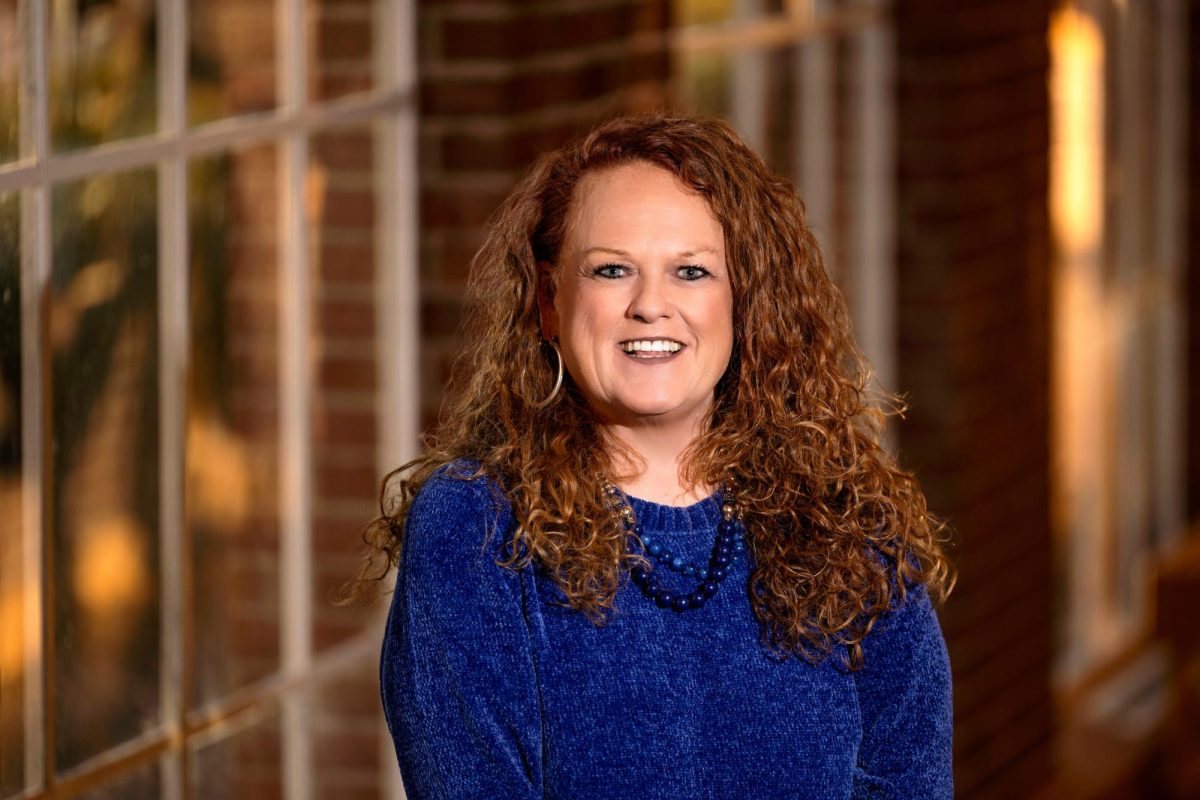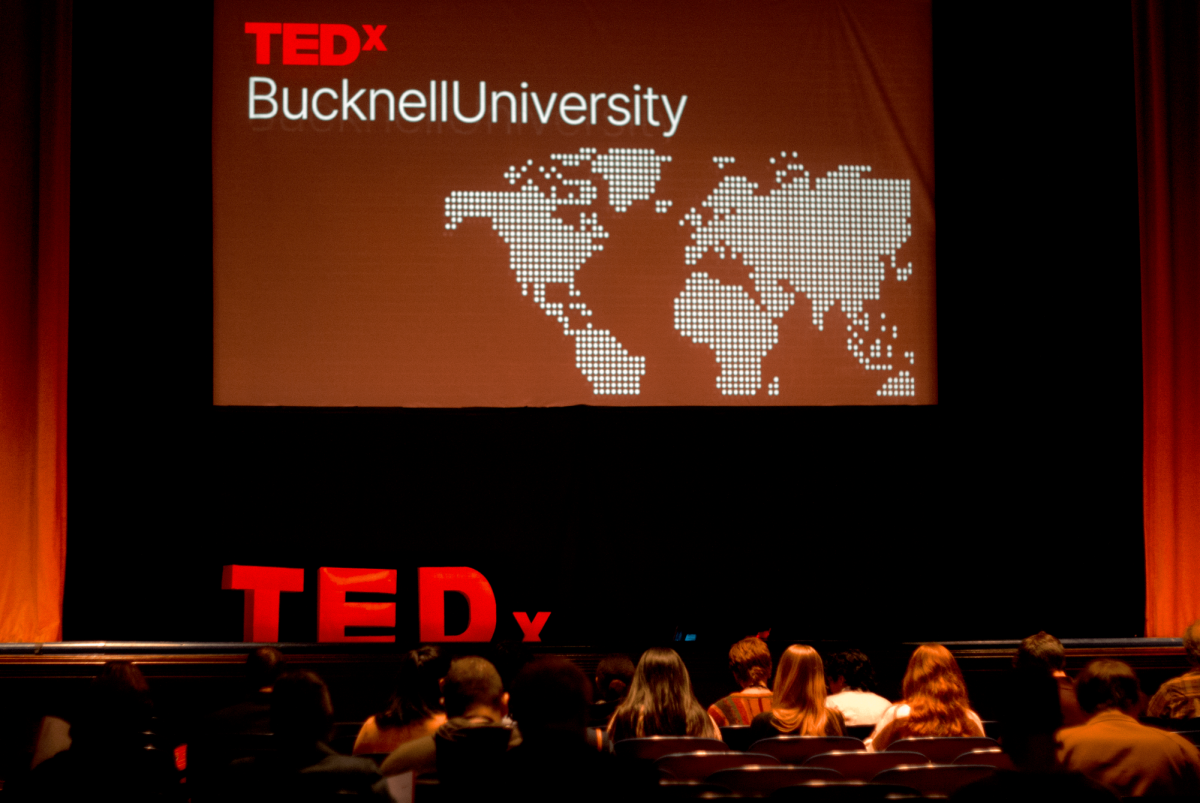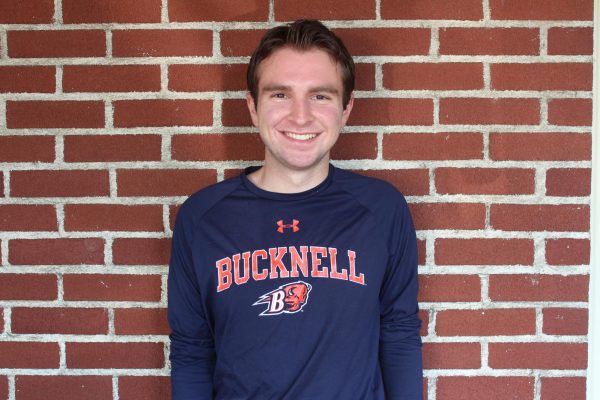In spring 2024, funded by a gift from Michael Dominguez ’91, Bucknell plans to launch the new Dominguez Center of Data Science, a program intended to leverage curriculum, research and faculty expertise to educate students across all three schools in the field of data science.
The Dominguez Center will allow Bucknell to integrate data science into all academic fields at the university, preparing students to solve global problems and giving students real-world, hands-on learning experiences.
“Irrespective of the field students pursue, data is going to become an increasingly important component,” Dominguez says. “It affects how you think about developing products and solutions, how you market, and how you nurture your customers and bring them along the journey. Data is foundational and critical to the future of any business or initiative.”
Cultivating academic excellence across the institution is the first strategic commitment of Bucknell’s Plan for 2025, and the University sees this center as progress towards that goal.
“The Dominguez Center for Data Science will provide students opportunities to hone their data literacy while developing skills that will carry them into and through the future,” says University President John Bravman. “We’re exceedingly grateful for Michael’s commitment to the founding of this center, which will become a distinctive and defining element of the Bucknell undergraduate experience.”
The vision for the center came from faculty across all colleges of the university: from the Freeman College of Management, Professor Matthew Bailey, Analytics & Operations Management; from the College of Arts & Sciences, Professor Peter Brooksbank, Mathematics; and from the College of Engineering, Professor Brian King, Computer Science.
“Data is everywhere,” says Bailey. “It’s important that we are preparing graduates to be more than digital natives who consume and produce data—we must focus on helping them understand and use data.”
Dominguez is specifically enthusiastic about the interdisciplinary and collaborative approach of the center. “I’ve seen the importance of data in the way problems are solved today—it’s always collaborative,” Dominguez says. “It’s collaborative across departments. It’s collaborative, in some cases, across businesses. Having the opportunity to put a distinctive undergraduate program in place that brings the colleges together so that students can solve problems across disciplines is really exciting.”
Bucknell will begin recruiting for a Center Director at the start of next semester. This person will be responsible for establishing cross-college programming and collaboration, expanding existing knowledge in data visualization, creating pathways for community engagement and developing a summer bridge program for interested students from under-resourced high schools.
Dominguez sees the center as a doorway to important opportunities for students. “Bucknell gave me a lot of opportunities, and my experience transformed my view of leadership and involvement,” he says. “I’m glad for the opportunity to be a part of something new—something highly relevant and distinctive—that will help transform the way education is delivered at the University.”

























